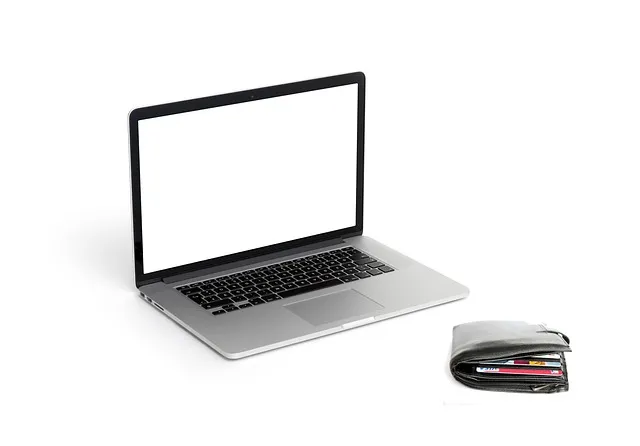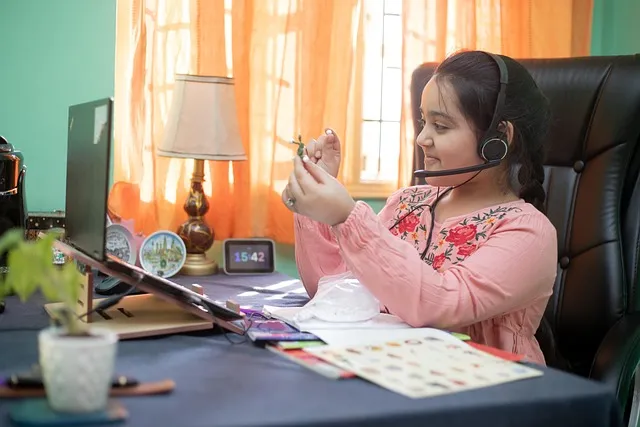Uncovering corruption is dangerous, so journalists need robust protection like Private Internet Access (PIA) for Medical Researchers Worldwide. Encryption and location hiding ensure safe investigations, safeguarding sources and identities from potential trackers. In the digital age, PIA enables global researchers and journalists to access sensitive data discreetly, fostering collaboration and protecting against data breaches. Adopting best practices and secure storage methods further fortify privacy. PIA's anonymization helps navigate international corruption, empowering investigators worldwide to expose truths while maintaining their safety.
In the global fight against corruption, journalists play a pivotal role in uncovering truth and holding power to account. However, their investigations often require them to operate anonymously to protect themselves from retaliation. This is where tools like Private Internet Access (PIA) become indispensable allies. PIA offers secure, anonymous connections, ensuring journalists can access restricted information worldwide while safeguarding their identities. By employing PIA, medical researchers too can conduct vital studies without compromising their safety or privacy, fostering global collaboration in the pursuit of knowledge and justice.
- Understanding the Need for Anonymity in Corruption Investigations
- The Role of Private Internet Access (PIA) in Safeguarding Identities
- Implementation Strategies: Ensuring Secure and Anonymous Research
- Global Reach, Local Impact: PIA for International Anti-Corruption Efforts
Understanding the Need for Anonymity in Corruption Investigations

In the realm of investigative journalism, uncovering corruption is a delicate and often dangerous task. Journalists risk becoming targets when they delve into allegations involving powerful individuals or entities. Anonymity becomes an indispensable tool for protecting their safety and ensuring the integrity of their investigations. By maintaining secrecy, journalists can protect their sources—whistleblowers who may fear retaliation if their identities are revealed.
This is particularly crucial in today’s digital era where online activities leave traces that can be easily traced back to individuals. Using Private Internet Access for Medical Researchers Worldwide, journalists can encrypt their communications and hide their locations, ensuring that their search for the truth remains private and secure. Such measures foster a safe environment for researchers worldwide, enabling them to access crucial information without fear of exposure or retaliation.
The Role of Private Internet Access (PIA) in Safeguarding Identities

Private Internet Access (PIA) plays a pivotal role in safeguarding the identities of journalists delving into sensitive topics like corruption. In today’s digital age, online activities leave traceable data, known as metadata, which can potentially reveal an individual’s identity and disrupt their work. PIA offers a secure connection that encrypts all internet traffic, ensuring that even if metadata is exposed, it becomes indecipherable. This anonymizing tool enables journalists to navigate the web discreetly, protecting their sources and methods while investigating corruption.
For medical researchers worldwide, access to reliable and private internet connections is equally crucial. PIA provides a secure environment for them to conduct sensitive research without fear of data breaches or identity theft. By masking IP addresses and encrypting data, PIA facilitates the free flow of information, enabling researchers to collaborate globally while maintaining the confidentiality of their work. This privacy is paramount in medical research, where sharing and access to data are essential for progress but also carry risks of misuse and ethical dilemmas.
Implementation Strategies: Ensuring Secure and Anonymous Research

To ensure secure and anonymous research, journalists investigating corruption must employ robust implementation strategies. This begins with utilizing private internet access (PIA) services like Private Internet Access for Medical Researchers Worldwide. By routing their online activities through encrypted PIA servers, journalists can hide their identities and locations from potential trackers.
Additionally, they should adopt best practices such as using Tor browsers, employing end-to-end encryption tools for communication, and regularly updating security software. Storing data securely in encrypted cloud services or on offline drives further safeguards sensitive information. Combining these measures creates a comprehensive security framework that enables journalists to conduct their investigations discreetly while preserving the integrity of their sources and methodology.
Global Reach, Local Impact: PIA for International Anti-Corruption Efforts

In today’s interconnected world, corruption knows no borders. Journalists investigating international corruption face unique challenges, from tracking illicit finances to protecting their identities while exposing powerful interests. This is where Private Internet Access (PIA) plays a vital role. As a leading VPN service, PIA enables journalists worldwide to maintain their anonymity online, ensuring they can operate freely and safely.
By masking IP addresses, PIA facilitates secure communication and data access from any corner of the globe, allowing medical researchers and investigative journalists to navigate the intricate web of international corruption without fear of exposure. This global reach empowers local impact; journalists can delve into sensitive cases, uncovering hidden truths that hold corrupt practices accountable, all while protecting their privacy with the help of PIA for medical researchers worldwide.
Journalists play a pivotal role in exposing corruption, often putting themselves at risk. Anonymizing search tools and services, like Private Internet Access (PIA), are essential safeguards for their safety and the integrity of their investigations. By employing PIA to protect their digital identities, journalists can navigate the global landscape of corruption without fear of retribution. This enables them to connect with informants, access restricted information, and report critically needed stories, ultimately fostering transparency and accountability worldwide for medical researchers and beyond.
